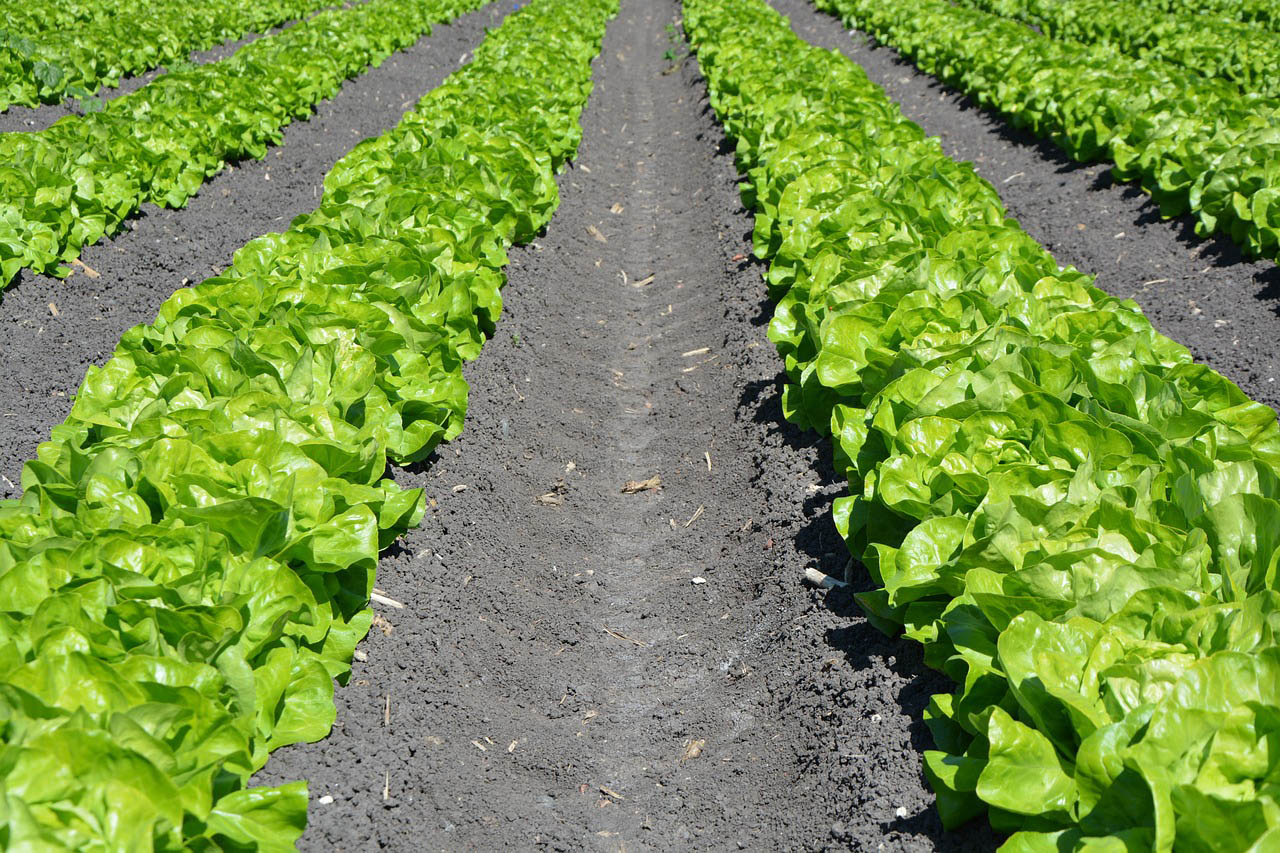Cotton is one of the original and major agricultural commodities produced in Arizona. Cotton and by-products are safeguarded through the regulation of cotton products and harvesting equipment that are imported into the state that could harbor cotton pests, and by monitoring growers for compliance with crop termination requirements.
There are several pests and diseases that can have negative effects in the cotton production areas of Arizona. There are a couple of regulations in place to help safeguard these commodities. A.A.C. R3-4-204 regulates cotton production areas in Arizona by mandating certain cultural practices. A.A.C. R3-4-218 regulates the importation of unprocessed cotton products and used cotton harvesting equipment from cotton producing areas of the U.S. for the cotton boll weevil. The Arizona Crop Improvement Association assists the Division in certifying cotton seed products for export. Genetically modified cotton is regulated by USDA-APHIS.
On January 4, 2020, the amended rules A.A.C. R3-4-204 Cotton Pest Management: Interior, and A.A.C. R3-4-218 Boll Wevil Pest: Exterior Quarantine became effective. The official rules will be published in the March 2020 issue of the Arizona Secretary of State's registry. For the Departments interpretation of these two rules, follow the links above.
PLOWER Program
For information on cotton restrictions as a grower please contact the Arizona Cotton Research & Protection Council at (602) 438-0059 or visit www.azcotton.org .
There are also two organizations that help serve and protect the interests of cotton growers and ginners in Arizona, the Arizona Cotton Growers Association and the Arizona Cotton Ginners Association. These organizations help support the local interests by having representation on the national level.
Exporting Cotton and Cotton By-products:
APPLICATION: Phytosanitary Field Inspection
APPLICATION ADDENDUM: Addendum for additional Pests/Diseases of Concern
Importing Cotton and Cotton By-products:
Unprocessed cotton and used cotton harvesting equipment must be fumigated before being brought in to Arizona (A.A.C. R3-4-218: Boll Weevil Pest: Exterior Quarantine). For importing genetically modified cotton seed for planting contact USDA-APHIS for permitting.
Related Links
-
Food Access
Finding Healthy Food in ArizonaConnecting people, food, and resources through partnerships with producers, non-profits, for-profits and government.
-
Get a License
Apply For, Renew, or look up a LicenseEnter our Licensing and Payment System then use the filter at the top to find the license you want to apply for or renew or find existing license information, including CEU's
